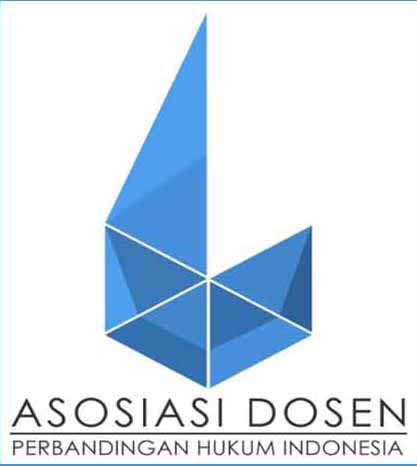STATE OBLIGATION ON VIRUS SAMPLE SHARING;FROM COMMON HERITAGE OF MANKIND TO STATE’S SOVEREIGN RIGHT
Abstract
The tradition of free international exchange of viruses have been developed by the World Health Organization (WHO) probably based on the principle of “Common Heritage of Mankind”. This tradition lead to legal uncertainty and unfairness in the movement of resources among states and provides an opportunity for developed countries to obtain easy access to viruses of developing countries. Then, International Law has introduced a new regime of “State’s Sovereign Right.” This research focuses on whether Member States have an obligation to share pathogen materials, including viruses for preventing global public health emergency, and whether WHO Collaborating Centers has a right to share viruses to private sectors. It examines the reason why States should apply that principle. This research is normative legal research by using conceptual approach and statute approach. This research finds that viruses are part of genetic resources under the meaning of CBD Convention. Accordingly, there is no state obligation under International Law to share it. However, if there is an international human rights obligation to share virus, there should also be an international human rights obligation to assure the access of affordability of drugs and vaccines. Thus, each state will have an equal obligation to enhance the global public health.
Key Words : Intellectual Property, Virus Sample Sharing, Common Heritage of Mankind, and State’s Sovereign Right
Full Text:
PDFDOI: https://doi.org/10.18196/jmh.v20i2.263
Refbacks
- There are currently no refbacks.
Copyright (c) 2015 Jurnal Media Hukum
JMH Visitor





















